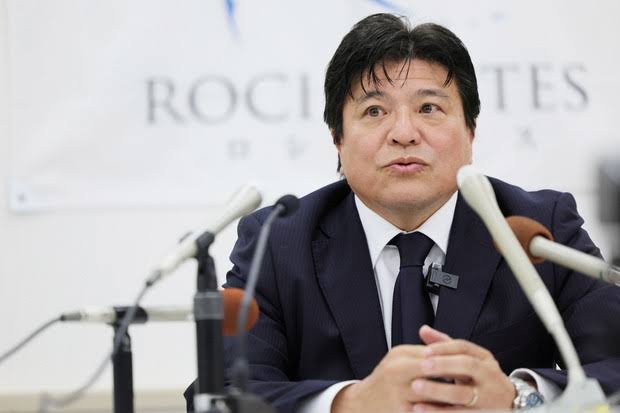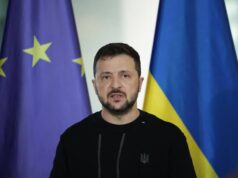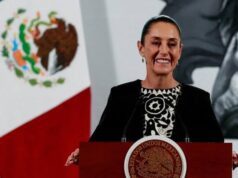Global role in Sudan ceasefire needed

The head of an NPO based here used a May 2 press conference to call on the world to turn its collective attention to war-torn Sudan.
Naoyuki Kawahara, a 57-year-old doctor and chairman of the non-profit organization Rocinantes, returned from the northeast African country at the end of April.
At the press conference, he spoke about his fear of death upon seeing buildings being destroyed in air raids, and about the necessity for the world to keep paying attention to the situation in hopes of bringing about a permanent ceasefire and peace.
Fighting erupted between Sudan’s military and the paramilitary Rapid Support Forces (RSF) in the capital Khartoum on April 15. Kawahara reported “sounds of explosions like I’ve never heard before” to the Japanese Embassy, and was warned, “It seems like a civil war has begun. Don’t go outside.” Anticipating he could be holed up at home, he hurriedly prepared a month’s supply of food and water.
The area Kawahara lived in is thought to be under RSF control. RSF vehicles and fighters lined the streets and a former base used by anti-government forces was nearby. As he witnessed buildings being targeted by aerial bombing, he wondered if he would make it back to his family alive.
Returning to his hometown of Kitakyushu, Fukuoka Prefecture, on April 29, he spoke of feeling relieved as he enjoyed a dish of bamboo shoots cooked by his 87-year-old mother Misako.
At the conference, Kawahara also met with Kitakyushu Mayor Kazuhisa Takeuchi, a close friend of 10 years. “Kawahara did well making it back safely. We the people of Kitakyushu would like to support him in going back to Sudan to help the country rebuild,” Takeuchi said.
Kawahara, who has been involved in Sudan for 20 years, offered his hopes that Japan’s leadership role in this month’s G-7 summit will afford the country a chance to broker a peace deal. “Through international cooperation, I hope they can bring about a ceasefire agreement,” he said.




